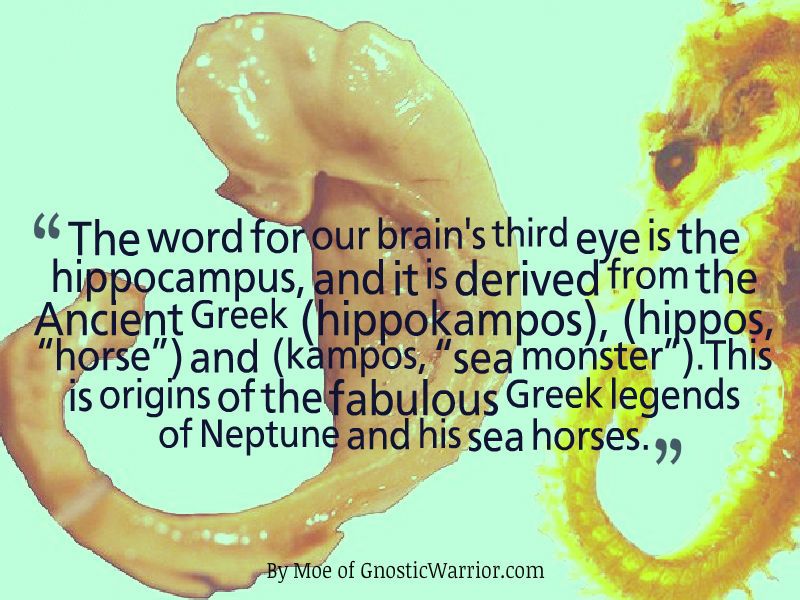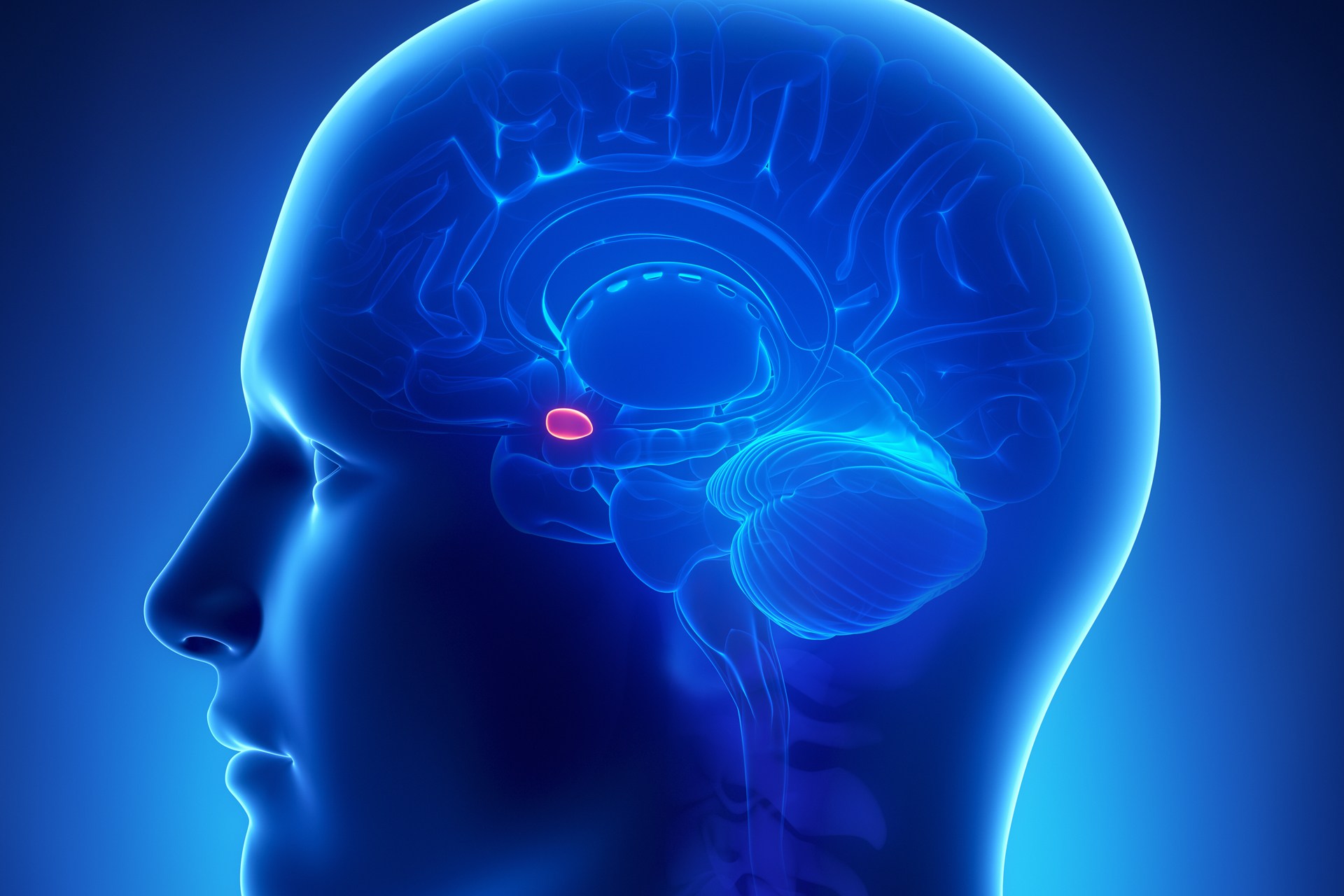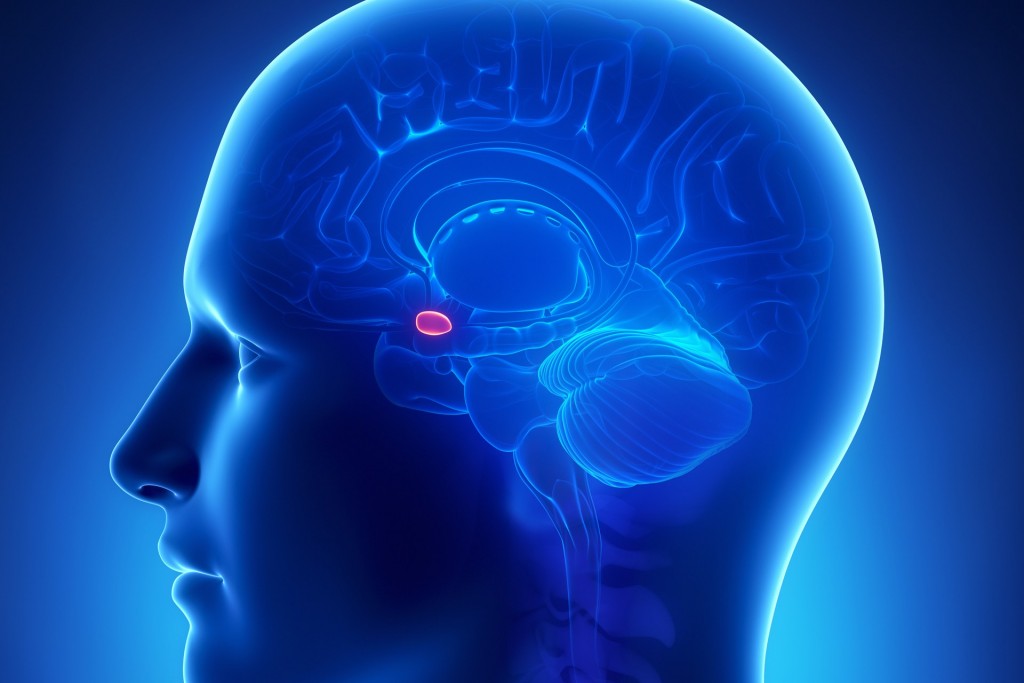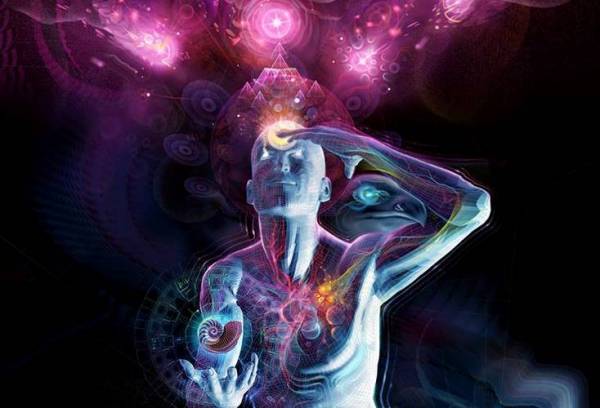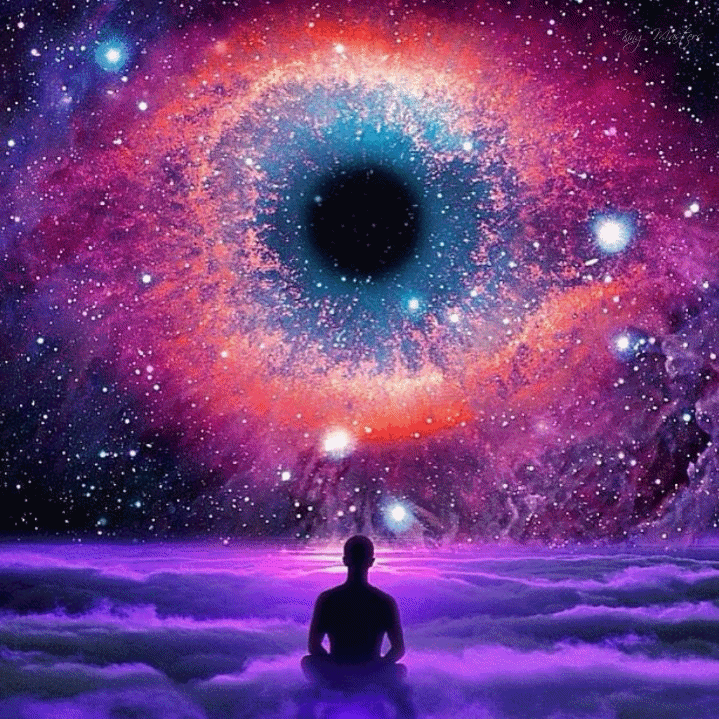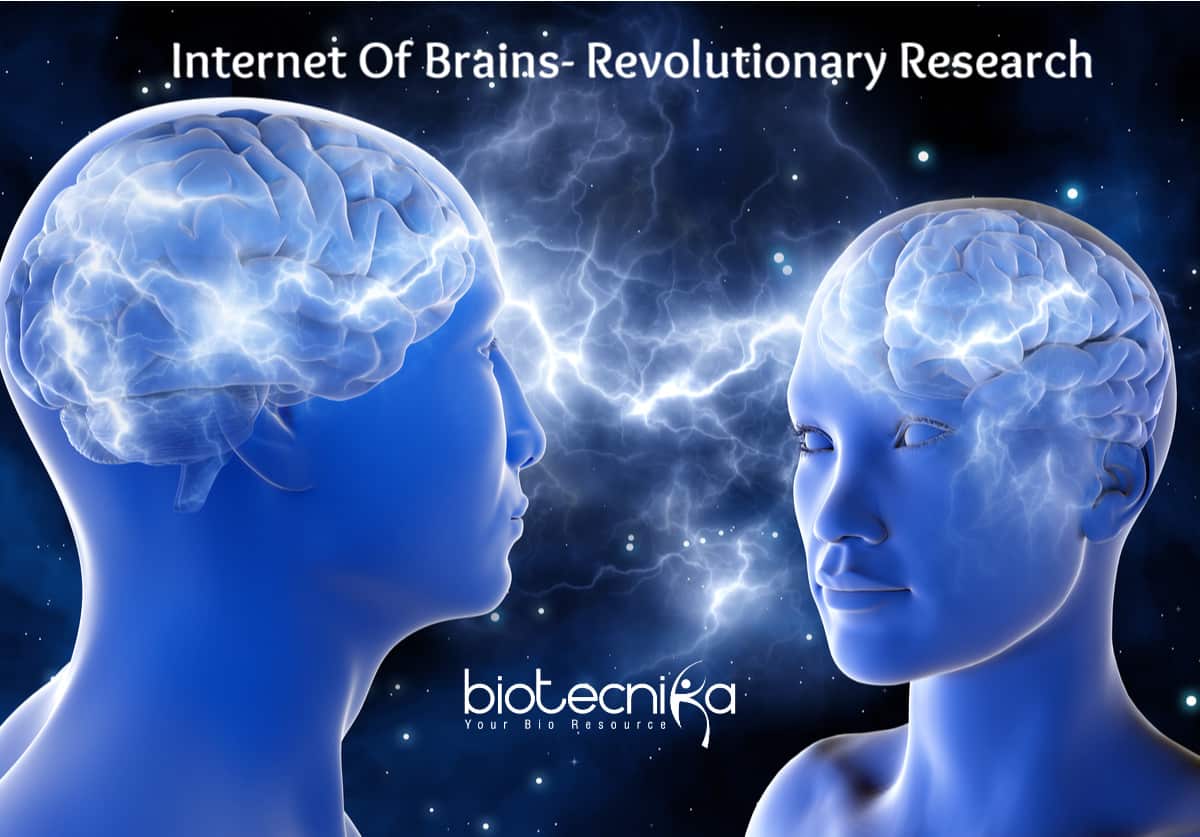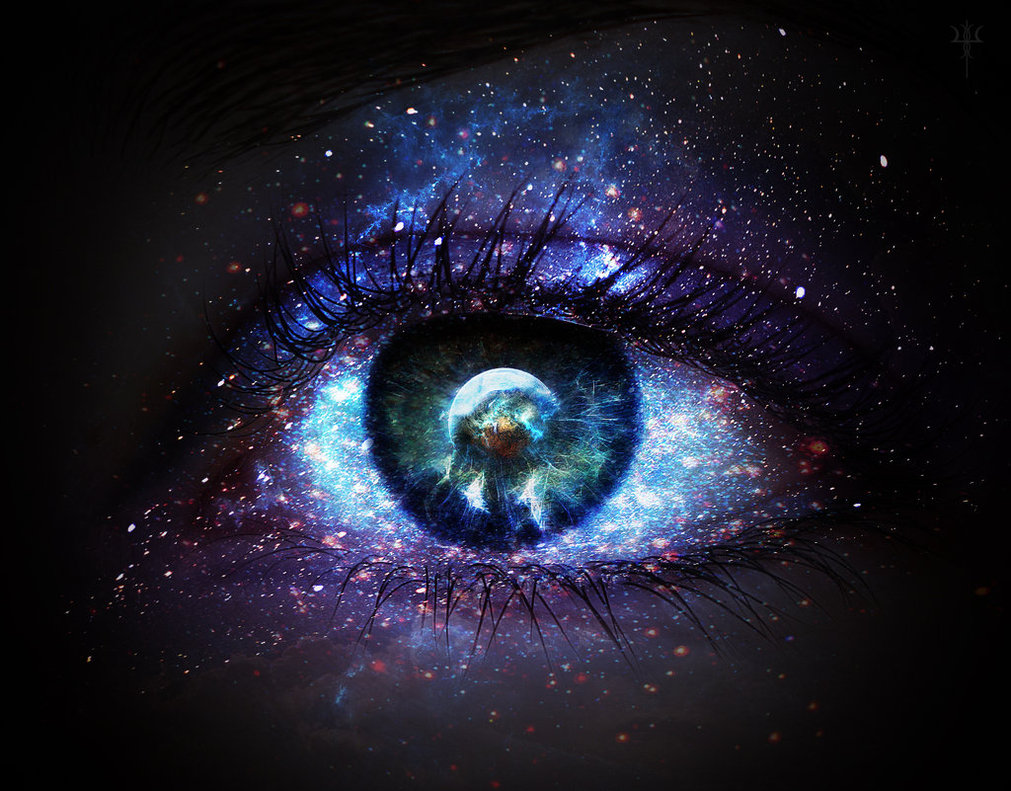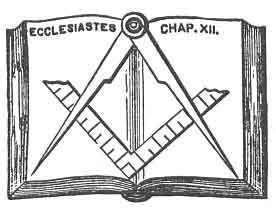In my last two articles called ‘The Third Eye‘, and ‘Open Your Third Eye to Walk Like an Ancient 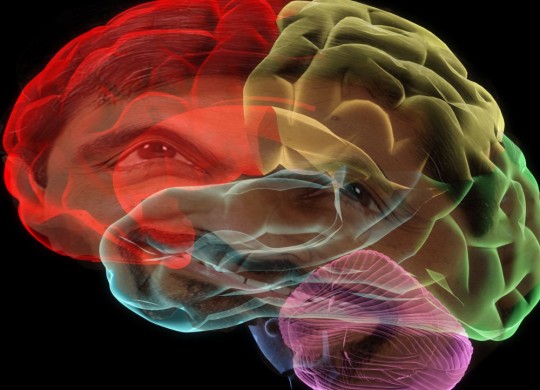 Egyptian‘, I had shared with you my research on the history and science behind our true third eye which I explained is known by the scientific name of the hippocampus or ammon’s horn. This is the place in our brains that modern scientists have determined where we process all new and old memories. It has also been found to be what we can call the place of intuition where we intuitively process our thoughts through our blood, then into our brain as a GPS system for the soul.
Egyptian‘, I had shared with you my research on the history and science behind our true third eye which I explained is known by the scientific name of the hippocampus or ammon’s horn. This is the place in our brains that modern scientists have determined where we process all new and old memories. It has also been found to be what we can call the place of intuition where we intuitively process our thoughts through our blood, then into our brain as a GPS system for the soul.
A popular belief amongst the New Age movement and alternative research crowd is that the pineal gland is our third eye and it is sometimes called our pineal-eye. But if you truly study the science of the brain, you will find that the pineal gland has absolutely nothing to do with our memories, intuition or enlightenment.
Let me first state that I’m well aware the pineal gland plays an important part in our brains that we need to produce hormones such as melatonin, and serotonin that have important endocrine functions. Without the pineal gland, we wouldn’t be able to sleep because melatonin controls the daily night-day cycle, in which the pineal gland plays a role in this process. What people fail to realize is that this may in fact be our true reptilian gland, or what I just like to simply call our worm part of our brain. I have found that the worms that inhabit our body may use the pineal gland to help control us humans through the gut and release chemicals into our central nervous system. I’ll explain this sci-fi worm pineal gland theory in a future article.
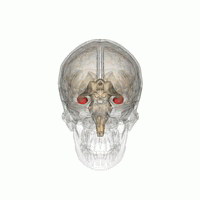 What I have found is that our hippocampus which is also called the ammon’s horn, is part of a larger medial temporal lobe memory system responsible for general declarative memory (memories that can be explicitly verbalized—these would include, for example, memory for facts in addition to episodic memory).
What I have found is that our hippocampus which is also called the ammon’s horn, is part of a larger medial temporal lobe memory system responsible for general declarative memory (memories that can be explicitly verbalized—these would include, for example, memory for facts in addition to episodic memory).
Researchers from the Washington University School of Medicine recently published a study that compared the hippocampus to different types of memory and to the functions of a computer–long-term memory is likened to a computer hard drive. Long-term memory allows us to store new information in a more permanent fashion to allow for recall after an extended time period (Squire, 1992). The distinction between the two types of memory has been made on the basis of neuropsychological and cognitive data (Alvarez, Zola-Morgan, & Squire, 1994; Cave & Squire, 1992). Long term memory is like a compilation of data in our conscious memory and all of our gathered knowledge and experiences. The hippocampus is involved in the storage of all of this data; however, scientists are unsure exactly how this occurs.
I believe I know the answer to this question that is puzzling scientists, and all they have to do is 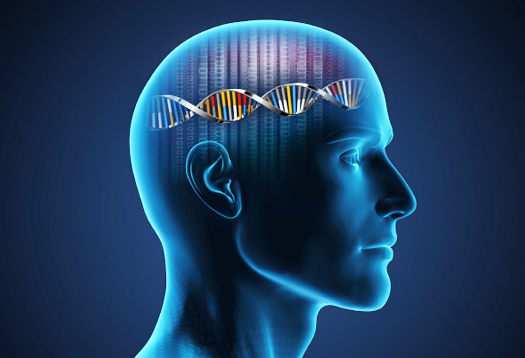 look to our blood and DNA to find the answer. This subject of our blood and DNA as a storage house of our past memories I have written about before in articles such as ‘DNA Gnosis‘, and ‘DNA Memories – Our Blood Holds the Lost Keys to Ancient History.’ In these articles I put forth scientific research showing that Israeli scientists are actually making computers which operate on DNA enzymes that can perform 330 trillion operations per second, more than 100,000 times the speed of the fastest PC.
look to our blood and DNA to find the answer. This subject of our blood and DNA as a storage house of our past memories I have written about before in articles such as ‘DNA Gnosis‘, and ‘DNA Memories – Our Blood Holds the Lost Keys to Ancient History.’ In these articles I put forth scientific research showing that Israeli scientists are actually making computers which operate on DNA enzymes that can perform 330 trillion operations per second, more than 100,000 times the speed of the fastest PC.
This is why the great modern Swiss gnostic, Carl Jung had said, “Who has fully realized that history is not contained in thick books, but lives in our very blood?” And In ancient Egypt it was said; “The body is the house of God,” and one of the many proverbs is, “Man, know thyself … and thou shalt know the gods.”
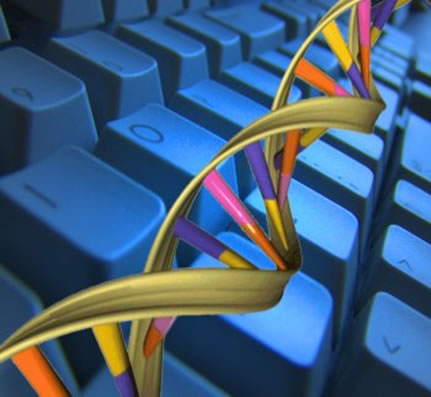 Also, researchers at the California Institute of Technology (Caltech) have now built the most complex biochemical circuit ever created from scratch, made with DNA-based devices in a test tube that they say is just like a computer. These DNA-based devices are analogous to the electronic transistors on a computer chip. An organism’s genome is the software that tells the cellular and molecular machinery—the hardware—what to do. But instead of electronic circuitry, life relies on biochemical circuitry—complex networks of reactions and pathways that enable organisms to function.
Also, researchers at the California Institute of Technology (Caltech) have now built the most complex biochemical circuit ever created from scratch, made with DNA-based devices in a test tube that they say is just like a computer. These DNA-based devices are analogous to the electronic transistors on a computer chip. An organism’s genome is the software that tells the cellular and molecular machinery—the hardware—what to do. But instead of electronic circuitry, life relies on biochemical circuitry—complex networks of reactions and pathways that enable organisms to function.
There is also research being put forth by scientists from Brown University that the hippocampus is not involved in that gut instinct we know of as intuition. A 2006 study titled, “When memory fails, intuition reigns,” explains this science. In the study researchers discovered that the hippocampal explicit memory system is not necessary for making transitive inferences or what we can call intuitive feelings that help us make decisions based on that gut instinct.
In simple terms, the brain may not be the place where actual memory resides. It comes from somewhere else. If you look at all this research, we can say that the hippocampus is the brains computer DNA processing chip that is used in the detection of novel events, places and stimuli. The DNA is the storage house of our genetic memory. The brain is just the processor.
This is why it has been proved by three scientists this past October, that our hippocampus is a type of GPS system. In fact, they won the Nobel Prize in Physiology or Medicine because they had discovered that the hippocampus is “an inner GPS in the brain” that enables virtually all creatures to navigate their surroundings.
If we are to look to the modern New Age movement at what this recollection or relearning would be called, I’d say this is what has now been dubbed “true enlightenment or an awakening.” In the same breath, if we are to study modern science in order to search for a bodily organ or functions that would aid in the process of learning so we can relearn what we may have known in past lives, the only scientific answer with the actually research to back it up would point unequivocally to the hippocampus (ammon’s horn) and our DNA.
An ancient science that the Greek philosopher and founder of Western Philosophy, Socrates had 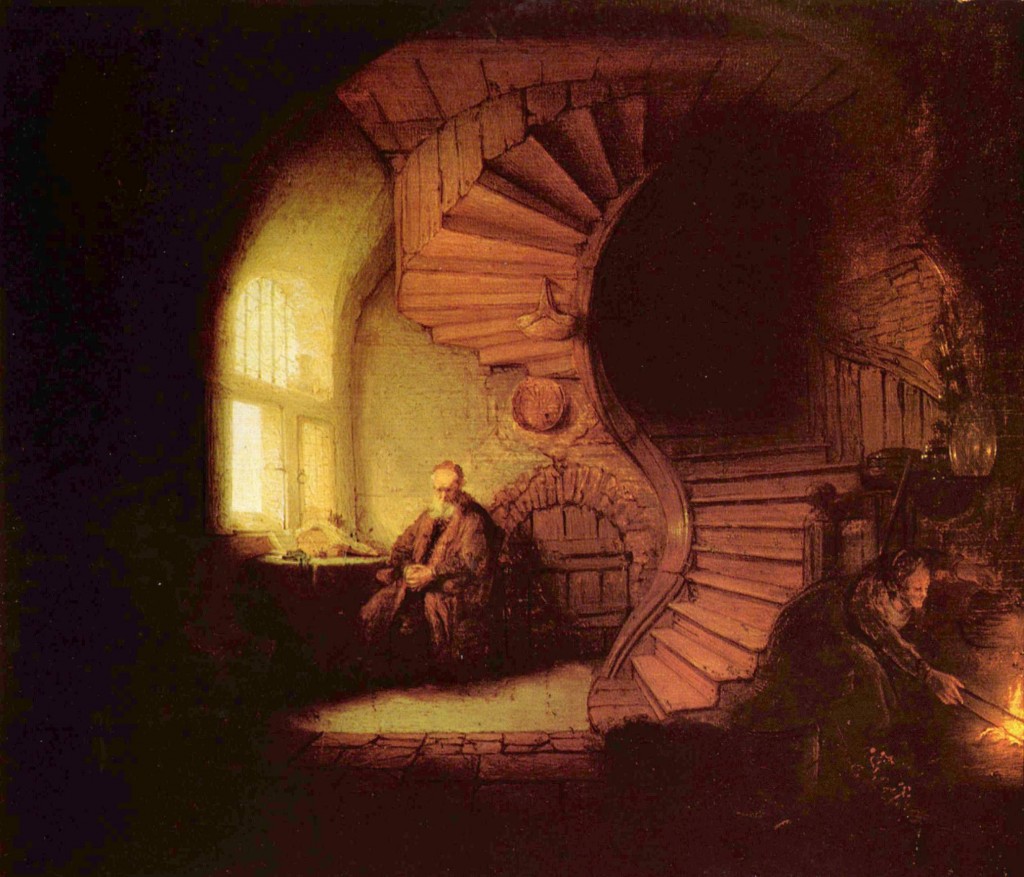 described as “all learning is recollection.” And his student, the great Plato had said that “all learning is remembering.” What Plato was implying is that humans like animals have a built-in genetic memory code that aids them in relearning their environments, connection with the past and their functions as a species to help them remember who they truly are and for them to continue down the path of evolution.
described as “all learning is recollection.” And his student, the great Plato had said that “all learning is remembering.” What Plato was implying is that humans like animals have a built-in genetic memory code that aids them in relearning their environments, connection with the past and their functions as a species to help them remember who they truly are and for them to continue down the path of evolution.
This science goes right in line with what I call modern gnosis. To be a gnostic, we must relearn our past in order to evolve into the future. This is the world’s oldest religion in which we all share this human science together in our own unique ways depending on our genetics, ancestors, and with all life on earth.

Moe is the founder of GnosticWarrior.com. He is a father, husband, author, martial arts black belt, and an expert in Gnosticism, the occult, and esotericism.

